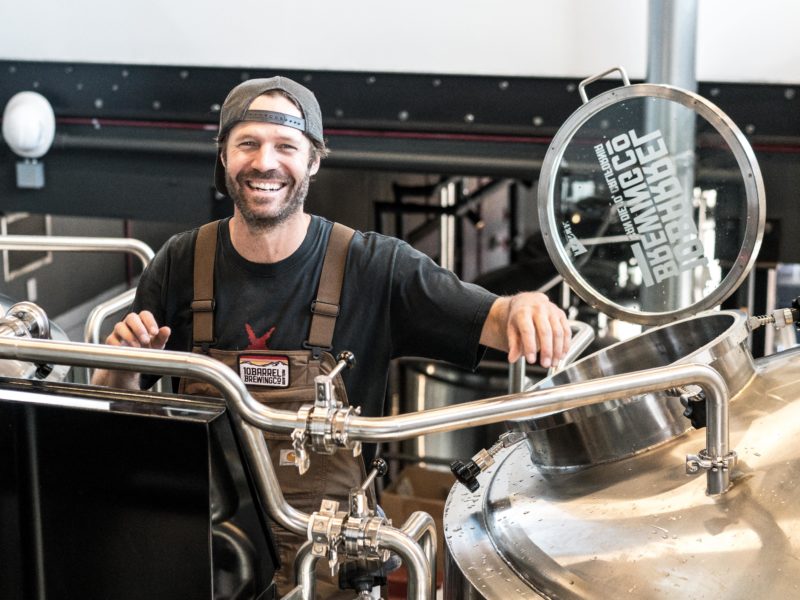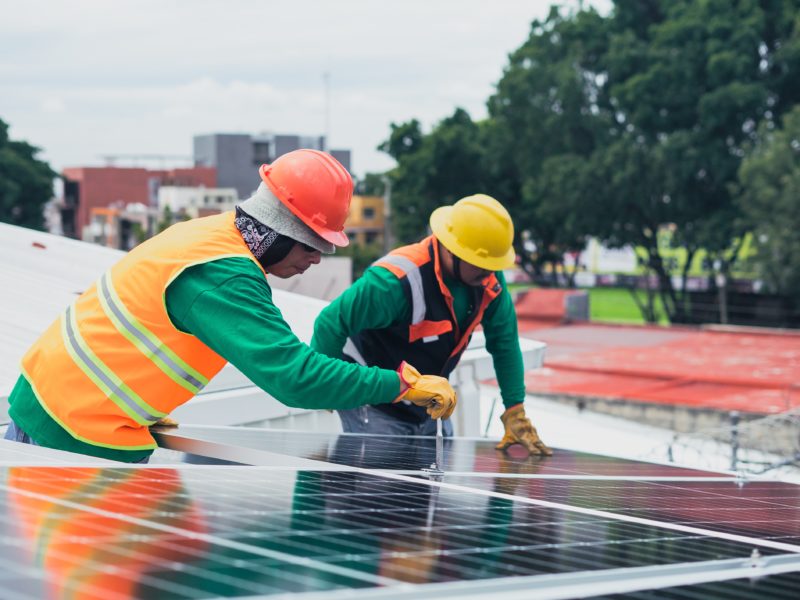Sustainable Jobs
Canada’s current targets for decarbonization will bring opportunities and also challenges for workers and employers. Firms that lead on net-zero strategies for their businesses and bring to market new emissions-reducing technologies are going to need workers who can learn as technologies and processes advance. For workers at risk of job loss in sectors that will decline, planning is required to support them and their communities as they manage the transition.
Our sustainable futures strategy is helping build our understanding of the range of economic changes that the net-zero transition will bring. It includes the new approaches being tested for training and upskilling workers for jobs of the next decade. As we learn, we are sharing knowledge to scale up new training solutions and address broader systemic needs that are vital for a net-zero future.
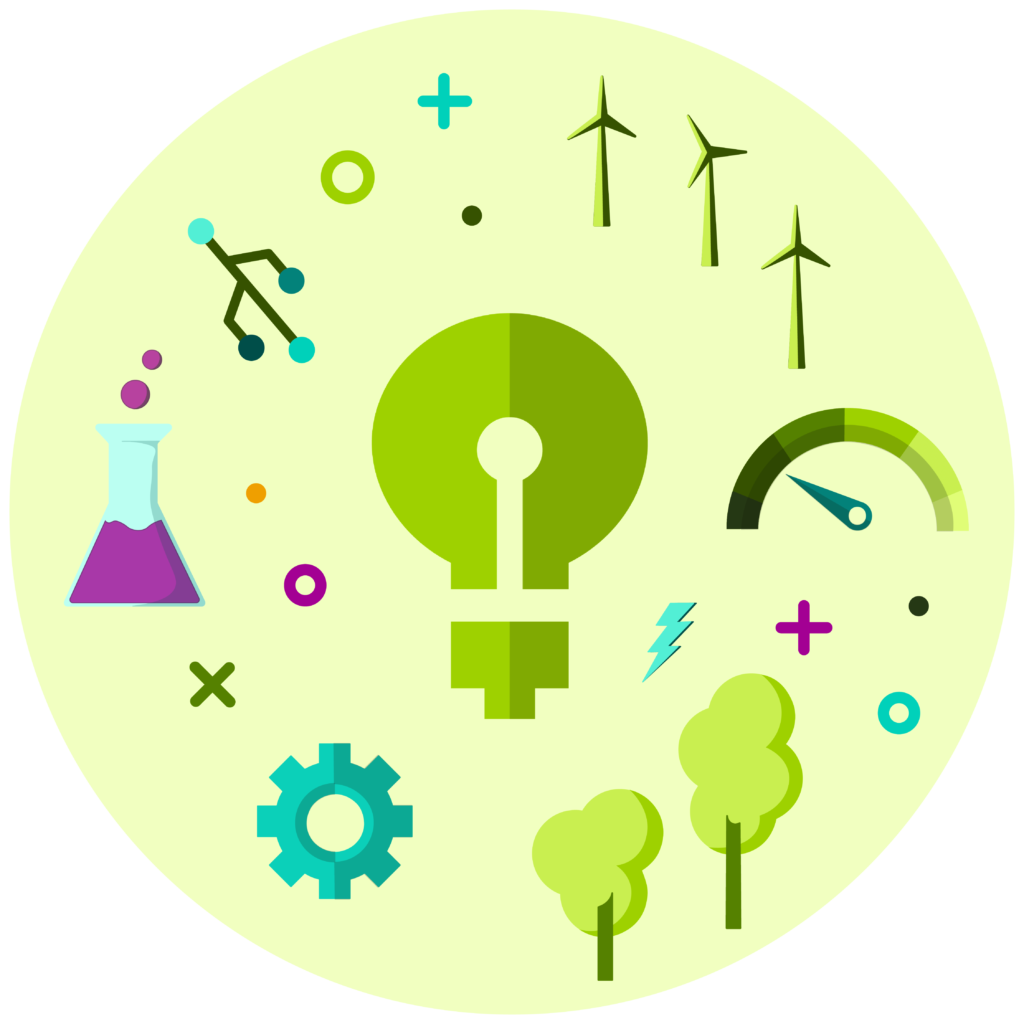
Key Insights
Economic forecasts show that achieving a net-zero economy will lead to positive outcomes for job creation in Canada, though it will be uneven for different regions, sectors and groups of people.
Research is demystifying what is needed to train people for the jobs of the net- zero future. A new finding has shown that many workers at risk of automation can be reskilled into opportunities in clean growth with six-12 months of dedicated training.
A workforce in a low-carbon future will require many of the same skills as today such as effective communication, and problem solving. Those skills will be used in ways that allow transitioning and new workers to adapt to new processes and services.
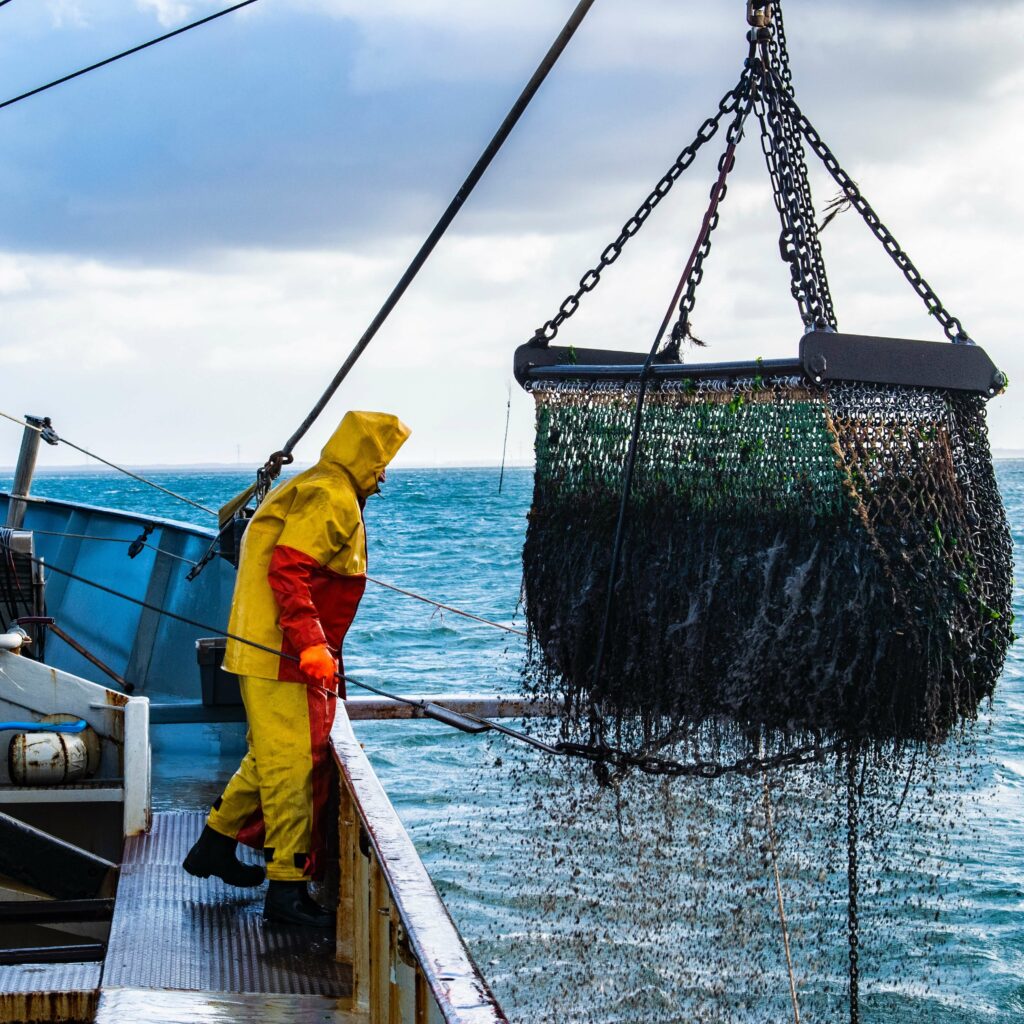
Learn how our partners are paving the way for a green transition
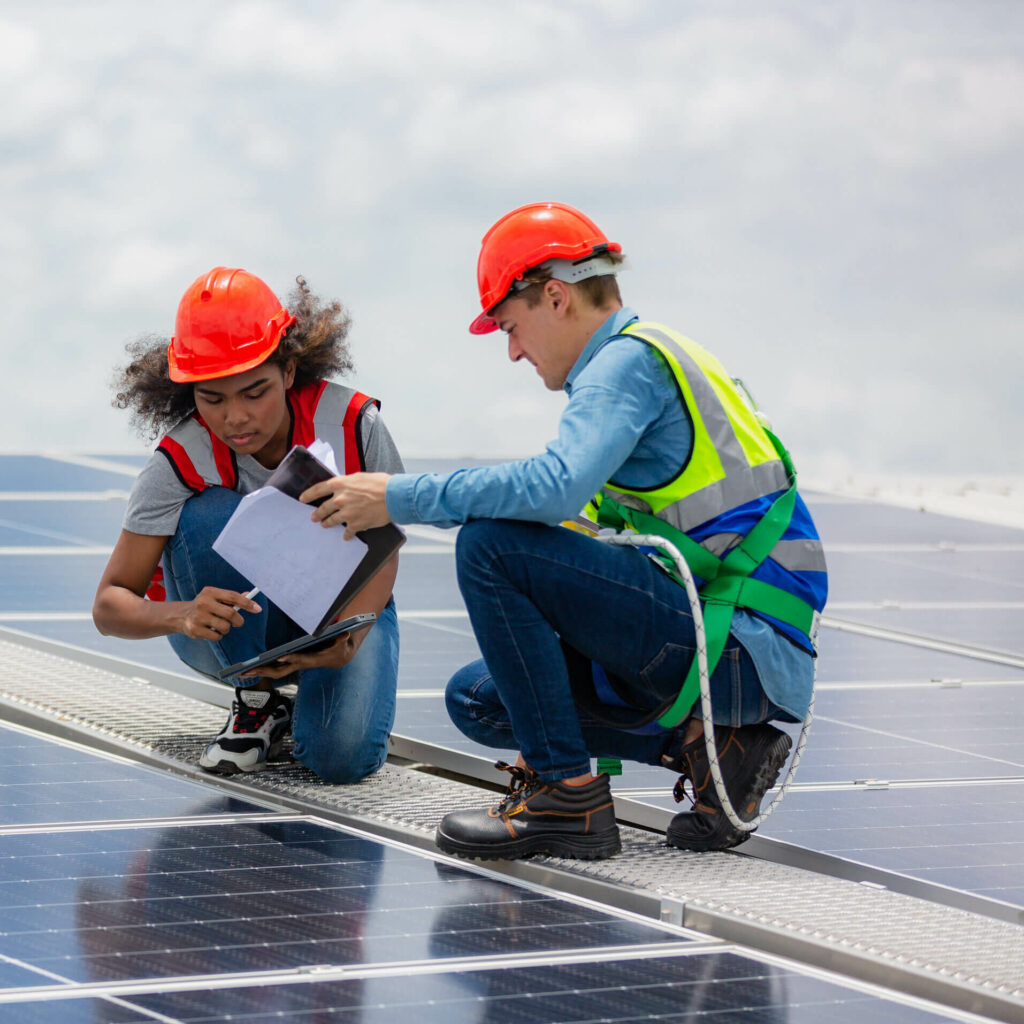
How governments and agencies can build the bridge to clean economy careers
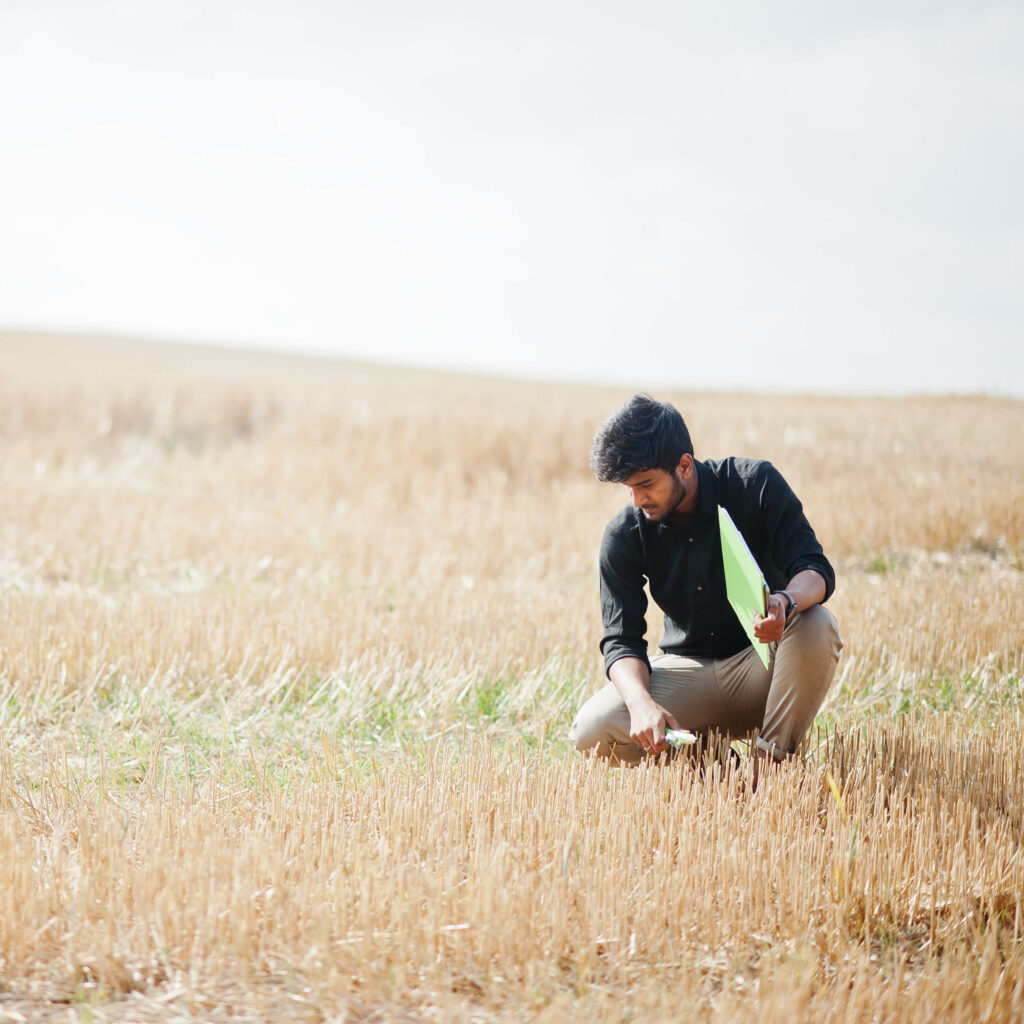
How workers can transition from vulnerable jobs to clean economy careers
The Issue: Building a net-zero workforce
Canada’s current pathway to a net-zero economy calls for a significant reduction in emissions, especially between now and 2030. Economic analysis is increasingly showing that achieving these targets will be a net positive on job growth in the Canadian economy. There is a pressing need for new infrastructure, emissions-reducing retrofits, the rapid development and adoption of new technologies, and the implementation of climate mitigation measures. Five per cent of the workforce is already working in roles supporting the energy transition, and this is projected to grow faster than the national average.
As we advance on our net-zero goals, there is a need for increased awareness of new opportunities and investment in people and human capital in the labour market. Canada’s ability to manage these projects is dependent on the availability of a highly skilled workforce that can meet current needs and manage new learning requirements in changing sectors of the economy as they come.
Why It Matters
The energy transition will be disruptive and our industries and sectors must be proactive in making significant adjustments in how they do business while being environmentally responsible – including ensuring skilled workers are ready to build the projects that will drive growth in the new economy.
Skills are vital to the long-term success of our country and our economy as we move to net-zero emissions. While no one has a clear roadmap, stakeholders at various levels need insight and resources to help execute on our climate plan.
- Workers affected by anticipated job losses need support to navigate the next steps of their career pathways, including re-skilling or upskilling to work in different sectors or occupations.
- Firms at the forefront of commercializing net-zero technologies will need support to define the competencies and skills they will need to recruit workers now and for the future.
- Education and training institutions will need to review and update their curricula to reflect the learning needs of students.
- Governments will need guidance on how to allocate resources toward the range of programs that support workers and firms.
All actors will need to collaborate to ensure the benefits of the energy transition are distributed equitably across groups of people. There are opportunities to make occupations and sectors more inclusive and reflective of the wider Canadian population.


